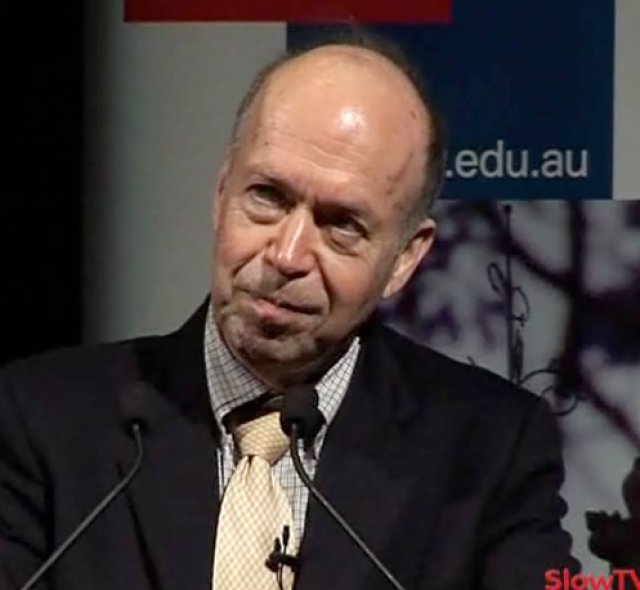
Divisions about a carbon price are hardening among Australia’s big businesses. Two distinct positions seem to have emerged in the corporate boardrooms.
Some corporate groups are backing the federal government’s call for a price on carbon because they say it will allow for a more certain environment for investment.
Nine CEOs of big Australian fund managers and superannuation companies linked to the Investor Group on Climate Change have formed a new panel to lobby the government for a carbon price.
Panel member Mark Lazberger, CEO of Colonial First State Global Asset Management, said on October 25: “The current uncertainty surrounding carbon pricing hinders investment decision making across both emissions-intensive and low-emissions assets.
“To allow sensible long-term investment decisions, the framework for pricing emissions must be resolved.”
Other sectors are opposed to any carbon price, whether it take the form of an emissions trading scheme or a carbon tax. The mining industry has already warned it will fight to be exempted from any new taxes, said the November 2 Sydney Morning Herald.
The peak body of Australian business groups, the Australian Chamber of Commerce and Industry (ACCI), is also opposed to a carbon price.
ACCI chief Peter Anderson gave a not-so-veiled threat to the government on October 28 to not repeat “the mistakes of the Carbon Pollution Reduction Scheme and the Resource Super Profits Tax”.
Anderson said: “A working presumption that a carbon tax is needed to drive business investment, let alone be embedded throughout the economy, is the wrong starting point.”
The CEOs disagree among themselves. But for the rest of us, it’s not smart politics to “choose a side” between the two.
The various views about carbon pricing in corporate Australia reflect differences over what is best for business profits.
In many ways, the new carbon price debate is a repeat of the elite divisions in 2009 about the Rudd government’s proposed Carbon Pollution Reduction Scheme — a scheme that had next to no ecological credentials.
But it also mirrors the ways capitalists everywhere have responded to past attempts to put environmental controls over industry.
The mining companies and the ACCI have calculated that they can resist any environmental controls that might impinge on profits, however small the impact may be.
Other capitalist sectors have calculated that some kind of climate policy is unavoidable. For them, the task is to make sure business doesn’t bear the cost burden and find ways to open new, lucrative markets in the process.
Taking the steps to actually deal with the climate threat does not enter into either group’s calculations.
The world’s leading climate scientists say the Earth has already passed the safe upper limit of atmospheric carbon dioxide.
In a 2008 paper, US climate scientist James Hansen said: “If humanity wishes to preserve a planet similar to that on which civilization developed and to which life on Earth is adapted, paleoclimate evidence and ongoing climate change suggest that CO2 will need to be reduced from its current 385 ppm [parts per million] to at most 350 ppm.”
However, “the longer we remain in the danger zone — above 350 — the more likely that we will see disastrous and irreversible climate impacts”.
The first part of getting back to the safe level will require drastic cuts in emissions and an end to fossil fuel use as soon as possible. The second part will involve a long “draw down” of greenhouse gases.
The “no carbon price” wing of Australian capital is best represented in politics by the Coalition, which has said it will oppose any carbon tax or emissions trading scheme proposal.
For now, the pro-carbon price wing is having the best of the elite “debate” and is the biggest influence on the Labor government. These forces will join together to pressure the Greens to agree to a business-friendly carbon price.
If they are successful and a low carbon price is implemented, the outcome will not be climate-friendly.
A low carbon price will likely favour gas-fired power over coal-fired power for new investments.
But gas-fired power still emits large amounts of greenhouse gases. This is not an acceptable alternative at a time when the science says any more carbon pollution is still too much.
A shift to more gas power would also come at the expense of a government-sponsored rollout of renewable energy. And it’s renewable energy that we need most of all to get moving back towards the safe-climate zone.